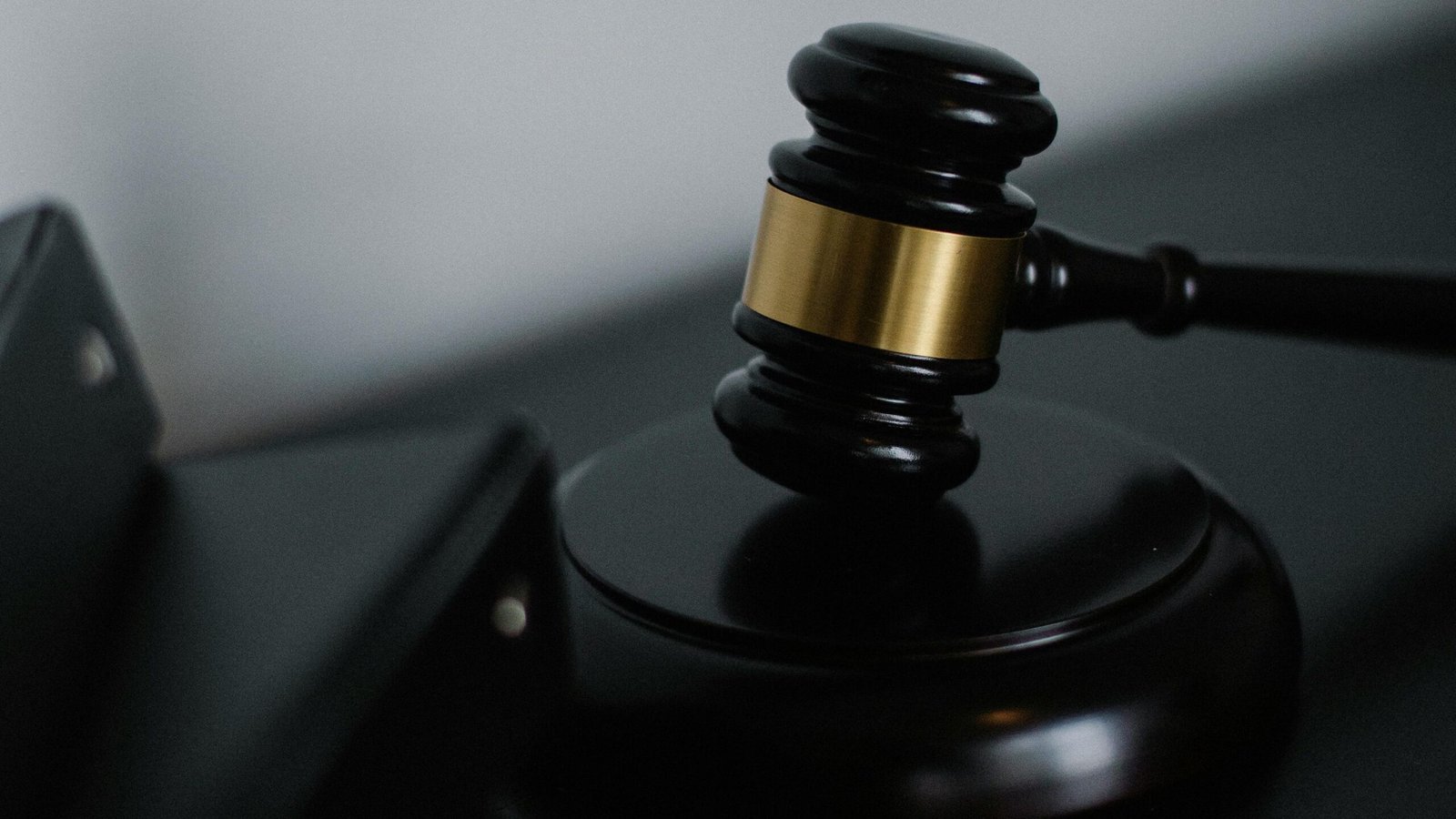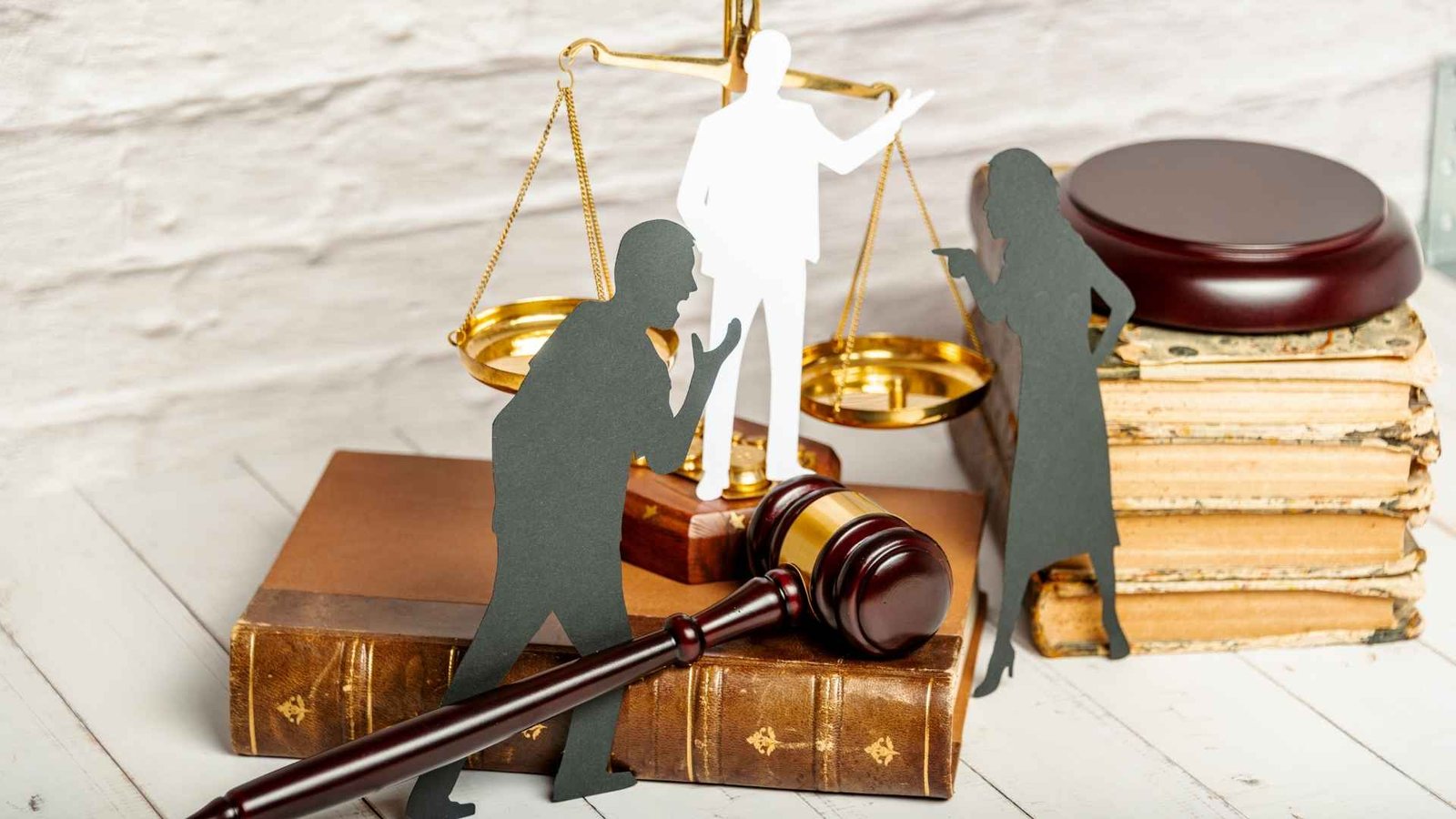On this page you will read detailed information about Expungement Process.
Have you ever wondered if it’s possible to erase a past mistake from your criminal record? The good news is that, in many cases, you can. This process, known as expungement, offers a fresh start by legally sealing or erasing certain criminal records. Understanding expungement is crucial if you’re looking to move forward without the burden of a criminal history. In this article, you’ll learn what expungement means, how it works, and why it might be beneficial for you. We’ll guide you through the basics of this legal procedure, helping you determine if you’re eligible and what steps you need to take to clear your record.
What is Expungement and How Does It Work?
Expungement is a legal process that allows individuals to clear certain criminal records from public view. This procedure can be instrumental in removing barriers to employment, housing, and other opportunities often hindered by a criminal history.
Definition and Purpose
Expungement refers to the removal or sealing of arrests, charges, or convictions from a person’s criminal record. According to Community Legal Services in Philadelphia, expungement can remove charges that did not result in a conviction, such as dismissed or withdrawn charges. The primary purpose is to give individuals a fresh start by limiting public access to their past legal troubles.
Eligibility and Process
Eligibility for expungement varies by state. For instance, in Pennsylvania, summary-level convictions may be eligible if the person has been arrest-free for 5 years following the conviction. The process typically involves:
- Obtaining a copy of your criminal record
- Filing a petition with the court
- Attending a hearing (if required)
- Sending appropriate documents to state agencies
Effects of Expungement
When a record is expunged, it becomes inaccessible to the general public. However, it’s important to note that expunged records may still be visible to law enforcement and court officials. The expungement process only affects records for arrests and convictions within the state where it’s granted, not out-of-state or federal records.
Eligibility Requirements for Expungement
Understanding Expungement Criteria
Expungement eligibility varies significantly by jurisdiction, but several common factors determine whether you can clear your criminal record. The nature and severity of the offense play a crucial role. Generally, less serious crimes like misdemeanors and some low-level felonies are more likely to be eligible for expungement than violent or severe felonies.
Time and Criminal History Considerations
The time elapsed since the conviction or arrest is another critical factor. Most states require a waiting period, which can range from a few years to a decade or more, depending on the offense. Your overall criminal history also matters. A clean record since the incident in question typically improves your chances of expungement eligibility.
State-Specific Requirements
Expungement laws vary widely between states. For example, Indiana’s expungement law allows for sealing records related to most arrests, charges, or convictions, with specific waiting periods for different offense levels. Michigan recently expanded its expungement eligibility, now including certain traffic offenses and first-time DUI convictions. It’s crucial to research the specific requirements in your state or consult with a legal professional to understand your eligibility for expungement.
The Expungement Process Step-by-Step
The expungement process can vary significantly depending on your location and the specifics of your case. However, there are some general steps you can expect when seeking to clear your criminal record.
Determine Eligibility
First, you need to learn the expungement laws for your state, as eligibility criteria can differ widely. Some states may only allow expungement of acquittals or dismissed charges, while others might permit expungement of certain misdemeanor convictions.
Gather Required Documents
Once you’ve confirmed your eligibility, collect all necessary paperwork for your expungement petition. This may include court records, proof of completed probation, and documentation showing all fines and court costs have been paid.
File the Petition
Submit your completed application to the appropriate court – typically the one that handled your original case. In some jurisdictions, you may need to obtain approval from the prosecutor’s office before filing.
Attend the Hearing
Many cases require a court hearing where a judge will evaluate your petition. The prosecutor may argue for or against the expungement. Be prepared to explain why you deserve this opportunity for a clean slate.
Follow Up
If approved, you’ll receive a certified copy of the expungement order. Ensure that relevant law enforcement agencies process the order to clear your record. It’s wise to periodically check your criminal record to confirm the expungement has been properly executed.
Remember, the expungement process can be complex. Consulting with a criminal defense attorney is often recommended to navigate the specific requirements in your jurisdiction.
Benefits of Clearing Your Criminal Record
Enhanced Employment Opportunities
Expungement can significantly improve your job prospects. When your criminal record is cleared, you no longer need to disclose past convictions during the application process. This opens doors to a wider range of career opportunities and increases your chances of securing stable, full-time employment. Studies have shown that individuals with expunged records are more likely to find work and earn higher wages compared to those with visible criminal histories.
Improved Housing Options
Landlords often conduct background checks on potential tenants. With an expunged record, you’ll have better access to quality housing options. Property managers will no longer be able to use your past criminal history as a reason for denial, increasing your chances of securing safe and stable accommodation. This stability in housing is closely linked to reduced recidivism rates and overall improved quality of life.
Personal and Social Benefits
Perhaps the most significant advantage of expungement is the peace of mind it brings. You can move forward without the constant worry of your past affecting your present and future. Socially, you’ll be free from the stigma associated with a criminal record, allowing you to participate fully in community activities and build stronger relationships. Additionally, expungement can improve your eligibility for certain public assistance programs and even lower your insurance premiums, particularly in cases involving DUI convictions.
In the previous post, we had shared information about Navigating the Bank Secrecy Act: A Comprehensive Guide, so read that post also.
Finding the Right Legal Help for Expungement
Navigating the expungement process can be complex, but with the right legal assistance, you can effectively clear your criminal record. Here’s how to find and choose the appropriate legal help for your expungement case:
Understand Your Options
Before seeking legal assistance, it’s crucial to understand the expungement options available in your jurisdiction. Expungement processes vary by state and county, so research your local laws or consult with a legal professional to determine your eligibility.
Explore Free and Low-Cost Resources
Many organizations offer free or low-cost legal services for expungement. For example, the Volunteer Lawyers Network provides statewide criminal expungement legal services for those who qualify based on income. Additionally, some public defender offices and legal aid societies may offer assistance at reduced rates.
Consider Hiring an Attorney
While it’s possible to file for expungement on your own, hiring an experienced attorney can ensure the process is done correctly. An attorney can navigate the complexities of the legal system, increasing your chances of a successful expungement. When choosing a lawyer, look for someone with specific experience in expungement cases.
Utilize Online Resources
Many court websites offer helpful resources for expungement. For instance, the Maryland Judiciary website provides a 7-part video series and an online guide to help individuals through the expungement process. These resources can be valuable whether you’re handling the process yourself or working with an attorney.
Conclusion
In conclusion, expungement offers a valuable opportunity to clear your criminal record and move forward with a clean slate. While the process can be complex, understanding the eligibility requirements, necessary documentation, and legal procedures involved will help you navigate it successfully. By taking proactive steps to expunge eligible offenses, you can remove barriers to employment, housing, and other opportunities. Remember that each state has different laws regarding expungement, so consulting with a qualified attorney is advisable. With persistence and proper guidance, you can pursue expungement and take control of your future, free from the burden of past mistakes on your record.
Disclaimer
The information and services on this website are not intended to and shall not be used as legal advice. You should consult a Legal Professional for any legal or solicited advice. While we have good faith and our own independent research to every information listed on the website and do our best to ensure that the data provided is accurate. However, we do not guarantee the information provided is accurate and make no representation or warranty of any kind, express or implied, regarding the accuracy, adequacy, validity, reliability, availability, or completeness of any information on the Site. UNDER NO CIRCUMSTANCES SHALL WE HAVE ANY LIABILITY TO YOU FOR ANY LOSS OR DAMAGE OF ANY KIND INCURRED AS A RESULT OR RELIANCE ON ANY INFORMATION PROVIDED ON THE SITE. YOUR USE OF THE SITE AND YOUR RELIANCE ON ANY INFORMATION ON THE SITE IS SOLELY AT YOUR OWN RISK. Comments on this website are the sole responsibility of their writers so the accuracy, completeness, veracity, honesty, factuality and politeness of comments are not guaranteed.
So friends, today we talked about Expungement Process, hope you liked our post.
If you liked the information about Expungement Process, then definitely share this article with your friends.








